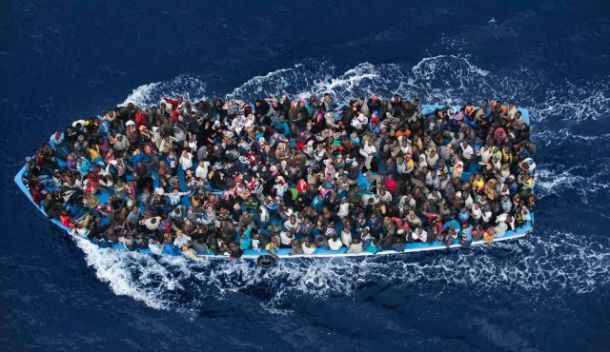Preface.
I have written this blog post about three weeks ago and have been sitting on it, reflecting about it since then, I was not sure if I wanted to write yet another piece on the “Syrian refugees”. But yesterday, we all woke up to the images of two young children lying on the beach lifeless around Bodrum, Turkey, and having read some of the posts available, I felt the need to post this. This is not a happy or “cool” post. This is a post about dire conditions and technicalities on the status of Syrian nationals living in Turkey, and it should be seen as a plea for assistance, and action.
The children in the pictures were Aylan Kurdi, 3 years old, and his brother Galip Kurdi 5, who drowned along with their mother Rehan Kurdi, on their way to Kos, Greece. They were from Kobane, trying the irregular route after their application for private sponsorship was refused by the Citizenship and Immigration Canada (CIC), and presumably the Immigration and Refugee Board (IRB) of Canada this summer.
As an expectant father, and a human being, those pictures are too brutally heartbreaking for me. They are too real, yet unfortunately they are not exceptional or extraordinary. I was unable to look at the pictures for more than a second, and I don’t think I can ever get to share them or look at them again. Elsewhere on the Visual Cultures Blog, @MarcoBohr makes the point on how we can only confront the inhumanity of the situation by confronting such pictures directly, but I just can’t get myself to look at them again, so I am not posting them or really talking about them in this post. Instead, I look at some of the reasons (structural, institutional, situational) that pushes people to seek such a risky route out of Turkey. The images, in tandem with all those individuals dying in the Mediterranean, en route to Europe, represents a moral/humanitarian crisis and demonstrates the hollowness of the so-called “normative power Europe.” The European Union, US, Canada, Australia, and every other capable country – including the Middle Eastern countries – must be ashamed of their actions, or the lack thereof, in addressing this crisis. As scholars, individuals, and human beings we must not just read about these deaths, we must whatever we can stop others from dying the same way.


